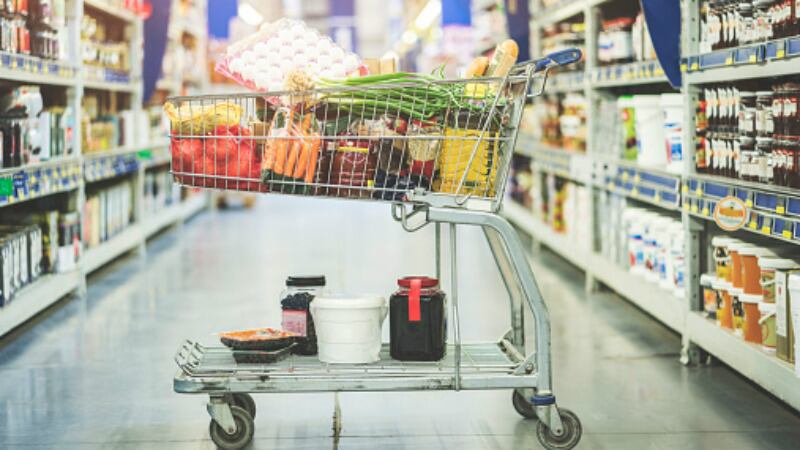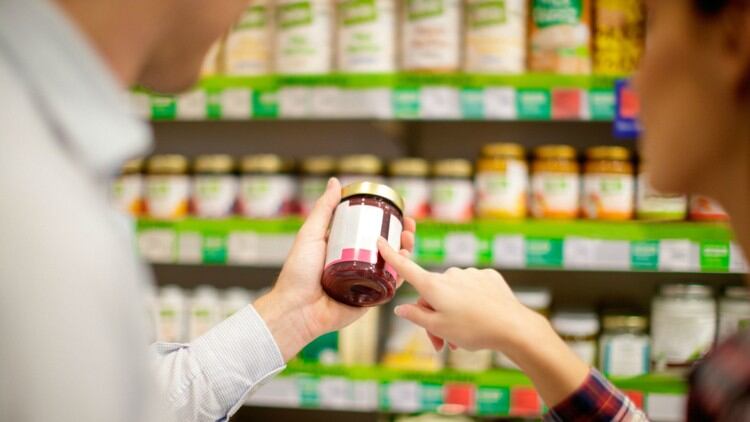It comes after a University of Auckland team found that less than one third of alcoholic beverages sold online in New Zealand display mandatory health information and warnings.
New Zealand law requires that manufacturers display specific health information on their products as part of meeting the relevant food standards code, but there is currently no obligation for online retailers to make this information visible to customers on the page.
Researchers say this is a significant policy gap that needs to be addressed.
The visibility and content of health information and warnings — both mandatory and voluntary — on product pages and/or images were reviewed in the ‘‘It's somewhere here, isn't it’? The provision of information and health warnings for alcoholic beverages sold online in New Zealand and the United Kingdom’ study conducted from 15 January to 3 February 2021.
A total of 705 alcoholic beverages from seven online alcohol retailers in New Zealand were randomly sampled.
It is mandatory for all alcoholic beverages sold in the country to indicate the net volume, alcohol by volume (ABV) percentage, ingredient list (except beer, spirits, cider, perry, mead, wine and liqueur), an allergen declaration, and the number of standard drinks per bottle (for beverages with ABV above 0.5%).
Findings from the study revealed that just 53% of sampled beverages clearly displayed ABV percentage on either the product page or image. The visibility of ‘standard drinks per bottle’ labels was as low as 5%.
Furthermore, voluntary health warnings were rarely present or viewable. For example, the visibility of drink-driving and minimum age warnings was 2% and less than 1% respectively.
Although it was previously reported that pregnancy warnings will become mandatory from 31 July 2023, the visibility of these labels at the time of the study was only 5%.
“These findings suggest that policy around the online sales of alcoholic beverages in New Zealand must be strengthened to ensure mandatory labelling is visible, and health warnings become mandatory.”
“The widely studied harms associated with alcohol consumption highlight a need to educate consumers to help them make informed purchase decisions,” said the authors.
Protecting consumers’ well-being
A 2016 New Zealand study found that most warnings were printed on the back of the product packaging. While these labels are discernible in physical stores, the visibility may be compromised online. For instance, photos of the back panel may not be made available on the page.
As such, the authors emphasised that the provision of health information should be made mandatory on both product pages and photos, and that online alcohol retailers should not solely rely on images supplied by manufacturers.
In New Zealand, the proportion of alcoholic beverages sold online increased from 10% in 2015 to 16.5% in 2019. With the acceleration of e-commerce due to the pandemic, this trend is likely to persist. Globally, the online sales of alcohol are expected to grow by 66% between 2020 and 2025.
“Adding warning labels is just one area to tackle in the wider alcohol policy environment. It remains unclear whether online shoppers read the health information — and if they do, whether they focus more on the text or visuals — but the more important gap to bridge is the inadequacies in providing visible mandatory health warnings,” the authors reiterated.
Source: Wiley Online Library
https://doi.org/10.1111/dar.13570
“‘It’s somewhere here, isn’t it’? The provision of information and health warnings for alcoholic beverages sold online in New Zealand and the United Kingdom”
Authors: Vicky Shen, et al





